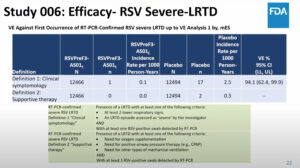NEW YORK (Reuters Health) – New research indicates that the sense of smell is attenuated in patients with systemic lupus erythematosus (SLE) and that the extent of the deficit correlates with disease activity and nervous system involvement.
Prior research has shown that autoantibodies that target specific brain regions can induce lupus-like manifestations in mice and, at the same time, cause olfactory impairment, senior author Dr. Yehuda Shoenfeld, from Chaim Sheba Medical Center in Tel-Hashomer, Israel, and colleagues note. Until now, however, no studies have evaluated olfactory function in patients with SLE.
Using a test that measures the threshold, discrimination, and identification of various odors, the researchers assessed olfactory function in 50 patients with SLE and in 50 age- and sex-matched controls. The study findings are reported in the May issue of Arthritis and Rheumatism.
The authors found that male gender and older age were predictive of olfactory deficits in both groups.
A reduced sense of smell was identified in 46% of SLE patients compared with just 25% of controls (p < 0.02). Anosmia was noted in 10% of SLE patients, but was totally absent in the control group.
As noted, as the smelling deficit increased, so did SLE disease activity (p < 0.001) and CNS manifestations (p < 0.03), the report indicates.
The current findings, coupled with previous research, suggest a “possible role of an autoimmune mechanism in the pathogenesis of olfactory impairment,” the researchers conclude.
“Smell decrement,” they add, “has been found to be an early and predictive sign in several CNS diseases, and therefore, might be a useful and easy tool for the physician in early diagnosis of CNS involvement in autoimmune diseases.”
Reference:
Arthritis Rheum 2009;60:1484-1487.




